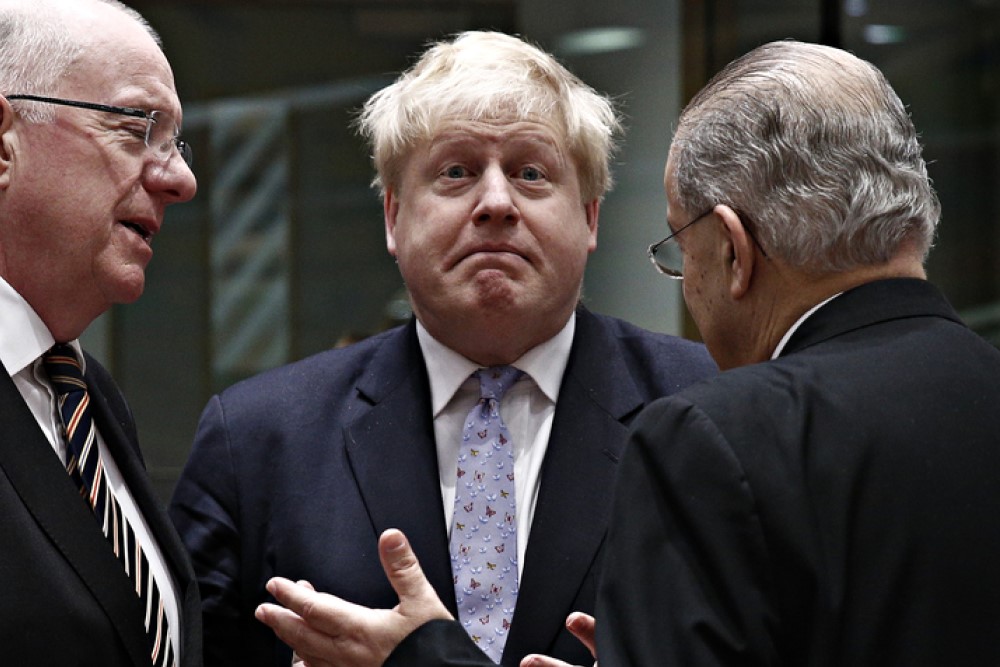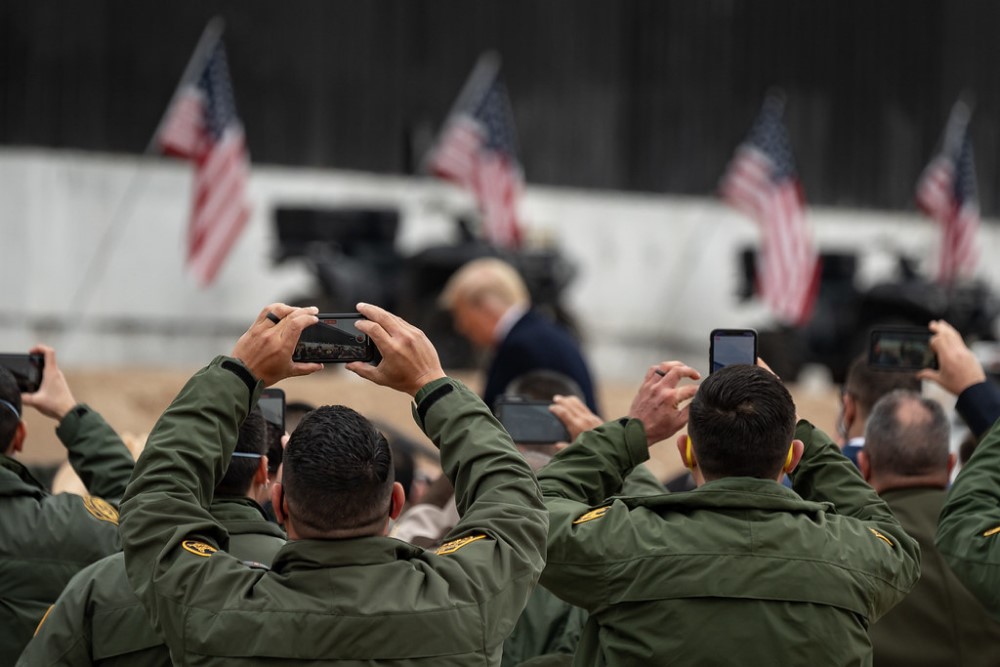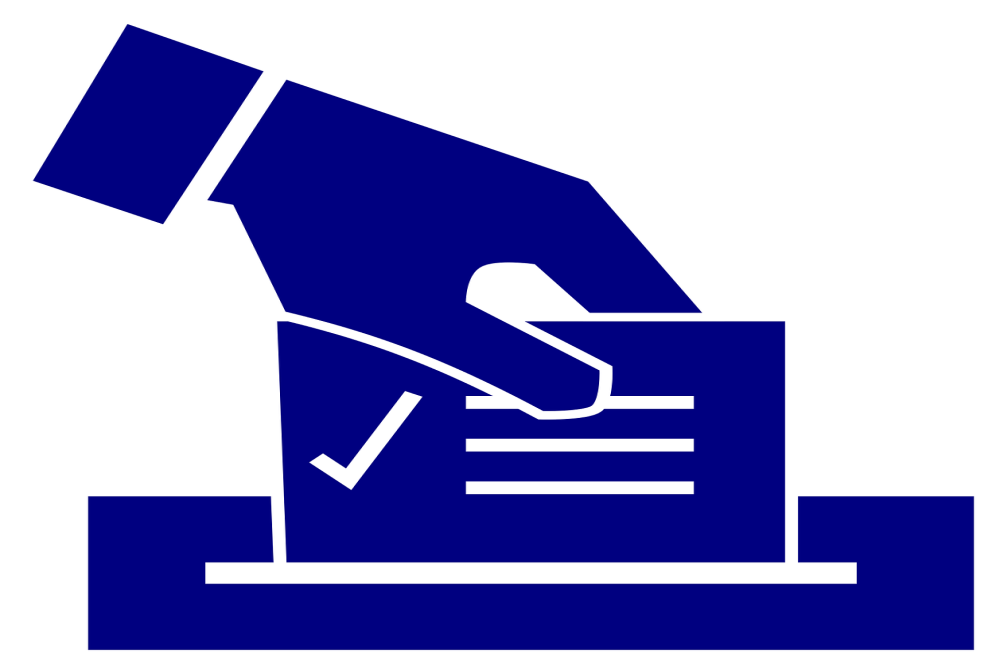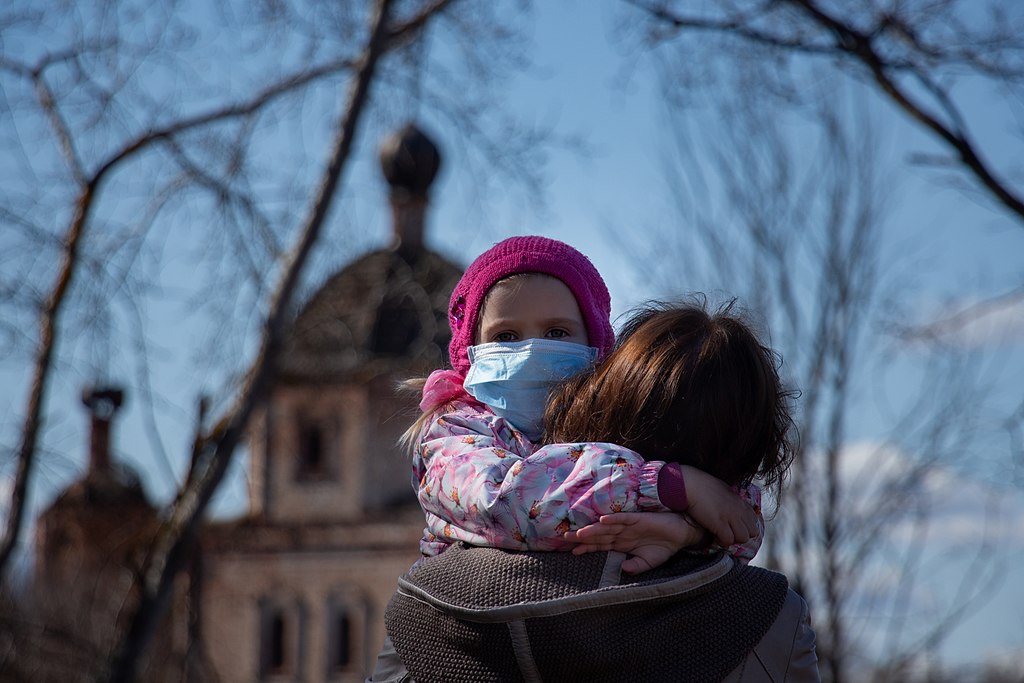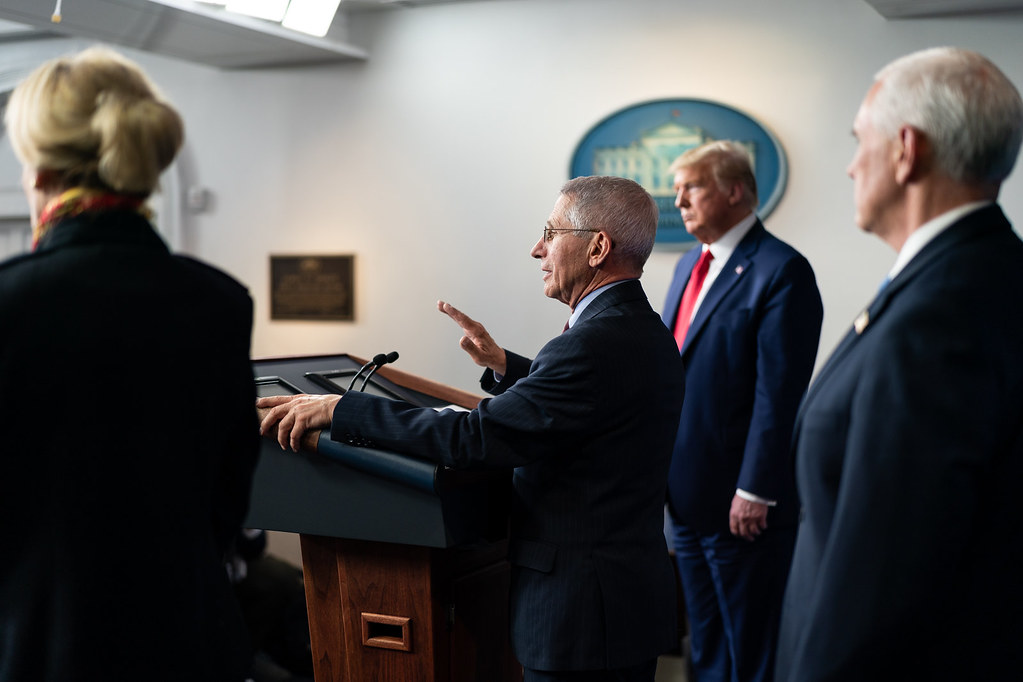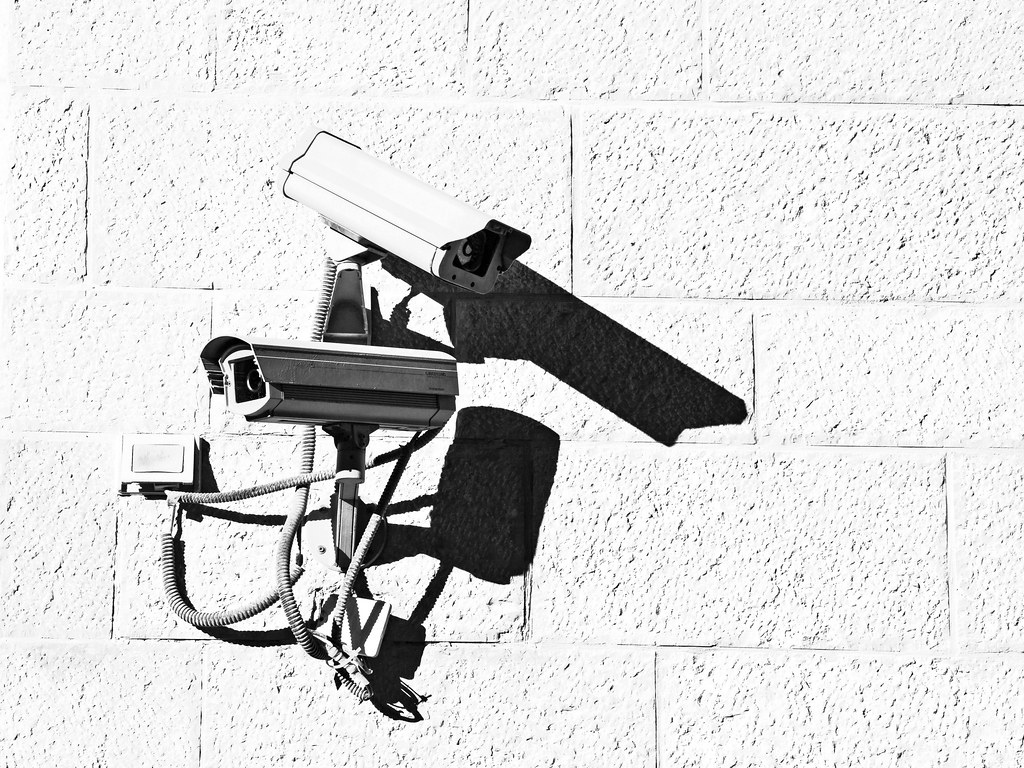There is something ridiculous about the idea that Boris Johnson might have to resign for hosting a few parties. You might think that it is his policies, or his saying he’d rather “let the bodies pile high” than institute further lockdowns, that should see him go. But parties?
The problem with these gatherings is that they violated COVID regulations, regulations set by Johnson and his party. And the fact that he violated his own decrees (nobody takes seriously his claim that the parties were, in fact, work events) raises an interesting question: what’s so wrong about lawmakers breaking the law?
The first obvious, but bland, answer is that – in a fair legal system – breaking the law simply is wrong, and it’s wrong for lawmakers to break the law in just the same way that it is wrong for anybody to break the law.
This might be a reasonable explanation for why it is wrong for lawmakers to break some laws. For instance, if a lawmaker breaks the speed limit, that seems bad in the same way as if an ordinary member of the public breaks the speed limit. This isn’t just because it is a minor offense. If a member of parliament went and murdered someone, it would be a grave moral wrong, but I don’t think there would be anything especially wrong about it.
In these cases, the wrongness involved is simply the (appalling or minor) wrongness of breaking the law. But there seems to be something especially bad about Johnson’s behavior.
What I think is key is that there is something more involved when a lawmaker breaks a law they have set. Gideon Yaffe has an interesting argument that could lead to this conclusion. He thinks that, since the law is created by citizens in communities, we are complicit in the creation of these laws. But some people are more complicit than others. For instance, kids aren’t very complicit at all in creating the law (since they can’t vote). Yaffe thinks that the more (or less) complicit one is in creating a law, the stronger (or weaker) that law’s reasons apply to you, and the more strongly (or weakly) you should be punished for violating it. And someone like Johnson was maximally complicit in setting England’s COVID laws.
But I’m not sure I’m persuaded. I simply do not buy Yaffe’s “complicity” argument: I don’t see why we need to suppose that the more say someone has over the law, the more it binds them. And I think there is something to be said for the idea that we are all equal before the law: politicians should be punished, but they shouldn’t face any harsher legal punishment than Joe Bloggs.
It’s also important to note that there isn’t really a push for Johnson to see legal punishment. Although some people want to see that, the real focus is on him facing a political punishment. They want him to resign in disgrace. And I think that what explains this pressure is that Johnson has shown that he cannot take his own laws seriously – and taking the law seriously is the point of being a politician.
We can get to this idea by thinking about hypocrisy. Hypocrisy is problematic in politics because it undermines how seriously we take someone. During the 1990s, John Major’s government had a campaign called “Back to Basics,” which aimed to underscore the importance of traditional values like “neighbourliness, decency, courtesy.” Inevitably, Major’s cabinet was then beset by scandal.
The behavior of Major’s cabinet suggested that they did not take these values very seriously. But this was a moral campaign, the difference that compounds Johnson’s case is that his hypocrisy involves the laws he set.
Johnson was not just a hypocrite, he was a hypocrite about the laws he set, laws which are supposed to protect the public. To return to an earlier example, there might not be anything especially wrong if an ordinary lawmaker speeds, but a lawmaker elected on a platform of making the roads safer might do something especially wrong because they are being a hypocrite. By being a hypocrite, this lawmaker shows that she does not – despite her claims – really take speeding laws seriously, she does not act as though they are important. Likewise, by attending parties, Johnson showed that he did not take these laws seriously, and – if the purpose of the laws is to protect the public – he showed that he did not care about protecting the public.
(Alternatively, he showed that he thinks he is special, different from the rest of us: that he can party whilst his laws stop grieving relatives from saying goodbye to their loved ones. I’ll set aside this possibility.)
Johnson (as well as the hypocritical speedster) demonstrated a lack of care about the underlying issues: protecting the public (or keeping to the speed limit) is not important to him. But it also strikes at the strength of this law. Our system of law is not supposed to be simply a matter of force, where the most powerful get the least powerful to comply with what they want. Rather, the law is supposed to provide us with genuine reasons to act, that are somehow linked to the good of others in our community. Nowhere is this more clear than with attempts to curb the ravages of COVID-19.
Everywhere, there is skepticism about COVID-19 laws. They inherently curb our freedoms. By not taking COVID-19 laws seriously, Johnson suggested that the laws are not to be taken seriously. But it is only by taking good laws seriously that they remain good laws, laws which govern us as rational agents rather than as those merely fearful of greater power.
That is why Johnson is under political pressure to resign: Johnson has shown himself incapable of taking seriously the laws he creates, which is the entire point of being Prime Minister. His behavior undermined the justification of the laws he set.

